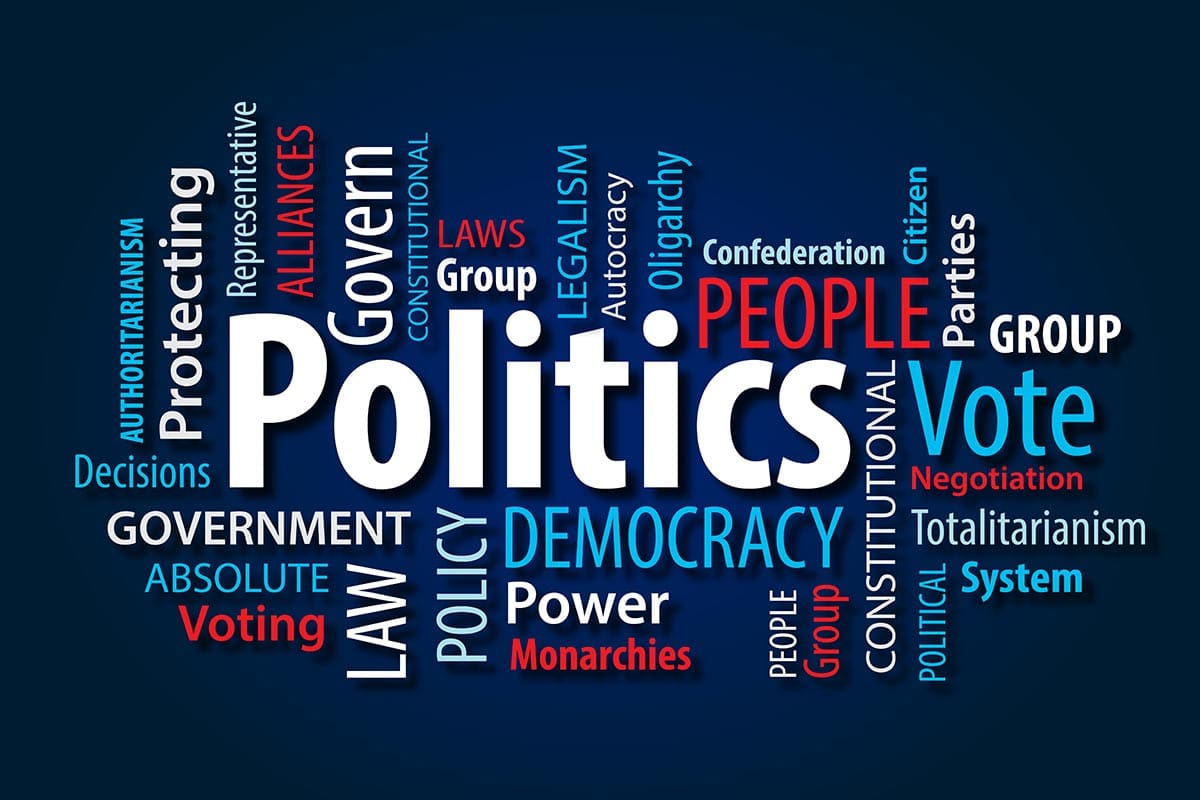Keeping Political Discussion Civil at Work

Work can be a stressful place for many, especially given the pandemic, and political discussion in the office can add additional worry for both employees and employers. While disagreement in and of itself isn’t always a detriment to all workplaces, political discussions can negatively affect the work environment for many employees. According to a 2019 study, 1 in 4 employees was negatively impacted by these discussions, which lead to negative feelings towards work and lower levels of productivity.
It is nearly impossible to achieve a workplace devoid of political discussion, and overreaching or micromanaging measures can infringe on employee rights. Employers can acknowledge that these discussions often do take place, and thoughtfully take steps to focus on making sure they don’t negatively impact their workplace culture. As the election nears, below are five tips for employers:
- Address expectations— Employers can focus on clarifying what expectations are and how employees can engage civilly. Employers can also clarify what their policies are for political discussion. Focus on what behaviors are appropriate, rather than what employees should believe or think. Employers should clearly outline what types of behaviors are not welcome while avoiding providing direct or indirect guidance on how an employee should feel about political issues.
- Encourage respect— The reality is that not all employees will agree on every topic—whether work-related, personal or political. Employers should focus on encouraging employees to respect each other and their thoughts, even if they disagree.
- Lead by example— Should leaders endorse specific political parties or political candidates, it may have an impact on the norms of the workplace culture; employees who feel differently may not feel comfortable speaking up. To that end, these same employees may even feel that their personal views could hold back their careers in the workplace. Leaders should showcase desired behaviors to help set the expected behaviors within a company culture.
- Hold training sessions— Training sessions can focus on showing respect to co-workers and building trust, even if employees don’t always see eye-to-eye. Choose training that makes employees aware of how their actions might impact others and offers strategies for politely conversing with their co-workers.
- Provide resources to employees— Political topics are often persona and sensitive, and the current political environment can cause stress for many employees. Ensure that employees are aware of available resources, such as an employee assistance program (EAP), or flexible work offerings and workplace wellness programs that may be relevant.
Some laws protect particular speech and forms of expression for employees in the workplace, such as discussion of unionization. Employers should be aware that laws related to political expression vary by location and should seek legal advice before implementing or changing workplace policies. Political discussion is a complex topic, but employers can take proactive steps to help facilitate a respectful environment that encourages civil discussion. For additional resources, fill out the form below:

